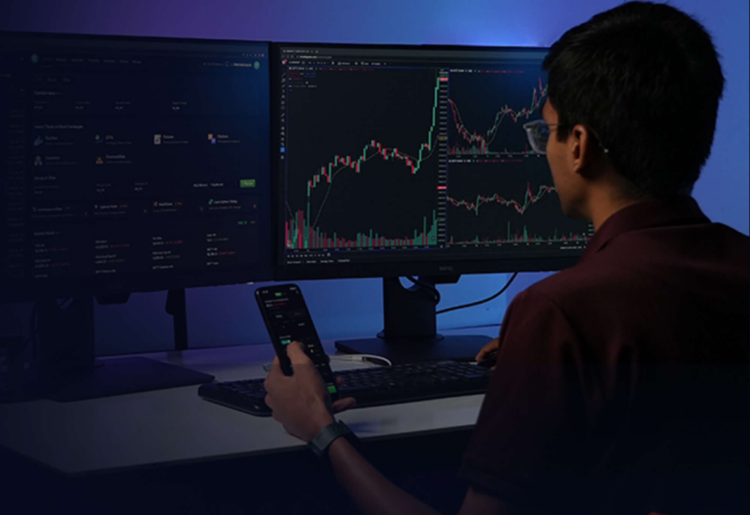Stock trading is a process of buying and selling company shares in the stock market. In other words, it is a place where traders exchange ownership in companies. However, there are different charges that occur on the stock market when you engage yourself in the trade of stocks.
Such charges as brokerage fees, securities transaction tax (STT), goods and services tax (GST), stamp duty, exchange transaction charges, and depository participant (DP) charges are just some of them.
Being aware of these expenses helps traders to be well-informed decision-makers as regards their trading expenses.
Understanding the Various Fees When Buying and Selling Stocks
A Demat account trading app levy different fees when you buy or sell shares. Here are some of the common charges you should consider:
1. Brokerage
Brokerage is a fee that the brokers charge for transactions executed. It can either be a flat fee or a percentage of the transaction value.
This is payment for the broker’s services like stock sales and purchases facilitation. Different brokerage firms will charge different rates depending on the transaction type.
2. Securities Transaction Tax (STT)
The Securities Transaction Tax (STT) is a compulsory tax on the value of securities transactions. This tax applies to all buy and sell orders.
For delivery-based equity trades, the STT rate is 0.1% of the total transaction value. The objective of introducing STTs is to curb tax evasion within the stock market.
3. Stamp Duty and GST
Stamp Duty and GST are taxes imposed by the government on securities transactions. Stamp duty is a state tax for the transfer of securities.
On the other hand, GST which is both the Central and State Government’s taxation levied on brokerage paid for transactions. These charges form part of the costs of buying or selling stocks, and they may differ from one place to another.
4. Transaction Charges
Transaction costs refer to the fees that stock exchanges impose on each transaction. For instance, the NSE has a charge of 0.00325% of the total value traded, while the BSE has a fee of 0.00275%.
They are applicable to both ends of the trading spectrum: buying and selling.
5. Depository Participant (DP) Charges
Depository Participant (DP) charges are fees that are levied by the DP for providing depository services to the investors. These include maintaining trader’s securities account balances, executing transactions, and generating investor statements.
The DP stands between the Depository, which holds the securities, and the trader. The amounts charged may vary depending on both DP and transaction type.
6. Securities And Exchange Board Of India (SEBI) Charges Turnover Fees
Capital Gains is a tax levied on the profit made from selling shares. If you sell shares at a higher price than you bought them, the difference is considered capital gain and is taxable.
The rate of tax can vary based on the duration for which the shares were held.
7. Capital Gains
Securities And Exchange Board Of India (SEBI) Turnover Charges are fees levied by SEBI on the total value of securities traded.
These charges are used to cover the costs of regulating the securities markets and protecting traders. The charges are usually a very small percentage of the transaction value.
Conclusion
It’s crucial to grasp the various costs linked to stock trading to handle your investment spending wisely. You can make smarter choices and maximize your profits by understanding charges like brokerage fees and taxes. Happy Trading!






